Specifically, on September 19, this boy showed symptoms such as: High fever, headache, fatigue... On September 25, the child was admitted to the National Children's Hospital for inpatient treatment. Here, the patient was tested and the result was positive for Japanese encephalitis virus. Before that, this child had received 3 basic injections of Japanese encephalitis vaccine.
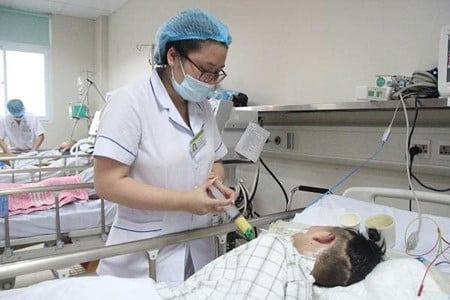
A child patient being treated for Japanese encephalitis at the National Children's Hospital.
Japanese encephalitis is a dangerous infectious disease transmitted by mosquito bites. The disease often causes encephalitis and meningitis in children, with a high mortality rate and sequelae (from 25-35%). Doctors also believe that the reason children get sick is because parents often forget to schedule booster shots of Japanese encephalitis vaccine for their children after completing the basic shots at 2 years old.
The virus that causes Japanese encephalitis often attacks young children (under 15 years old). Patients may experience early complications such as: bronchitis, pneumonia. On the other hand, early sequelae that can occur in this disease are paralysis or hemiplegia, loss of language, motor coordination disorders, severe memory loss, mental disorders... Late sequelae that can occur are epilepsy, hearing loss or deafness, mental disorders...
According to medical experts, it is noteworthy that Japanese encephalitis is often difficult to detect early because the initial symptoms are very similar to other infections, the progression of the disease is very fast, even after only 1 day the patient has symptoms of convulsions and falls into a coma. Death due to Japanese encephalitis often occurs in the first 7 days when the patient has deep coma, convulsions and symptoms of brain damage. Patients who survive may be left with severe sequelae, commonly mental disorders, movement disorders, reduced communication ability, etc.
Therefore, doctors recommend that when children have symptoms of fever, sleep a lot, headache, vomiting, think immediately of encephalitis and take the child to see a doctor. In case the child shows severe symptoms, it will cause many complications and make the treatment process very difficult.
To proactively prevent and combat Japanese encephalitis, the Department of Preventive Medicine ( Ministry of Health ) recommends that people need to take preventive measures such as getting vaccinated against Japanese encephalitis fully and on schedule; building livestock pens away from home, eliminating mosquito larvae and destroying mosquitoes; practicing good environmental hygiene, keeping houses and livestock pens clean so that mosquitoes have no place to nest. In addition, when there are signs of high fever along with symptoms of damage to the central nervous system, the patient must be taken immediately to a medical facility for timely diagnosis and treatment.
Le Trang
Source


![[Photo] General Secretary To Lam, Secretary of the Central Military Commission attends the 12th Party Congress of the Army](https://vphoto.vietnam.vn/thumb/1200x675/vietnam/resource/IMAGE/2025/9/30/9b63aaa37ddb472ead84e3870a8ae825)
![[Photo] President Luong Cuong receives President of the Cuban National Assembly Esteban Lazo Hernandez](https://vphoto.vietnam.vn/thumb/1200x675/vietnam/resource/IMAGE/2025/9/30/4d38932911c24f6ea1936252bd5427fa)
![[Photo] Solemn opening of the 12th Military Party Congress for the 2025-2030 term](https://vphoto.vietnam.vn/thumb/1200x675/vietnam/resource/IMAGE/2025/9/30/2cd383b3130d41a1a4b5ace0d5eb989d)
![[Photo] Panorama of the cable-stayed bridge, the final bottleneck of the Ben Luc-Long Thanh expressway](https://vphoto.vietnam.vn/thumb/1200x675/vietnam/resource/IMAGE/2025/9/30/391fdf21025541d6b2f092e49a17243f)

![[Photo] The 1st Congress of Phu Tho Provincial Party Committee, term 2025-2030](https://vphoto.vietnam.vn/thumb/1200x675/vietnam/resource/IMAGE/2025/9/30/1507da06216649bba8a1ce6251816820)
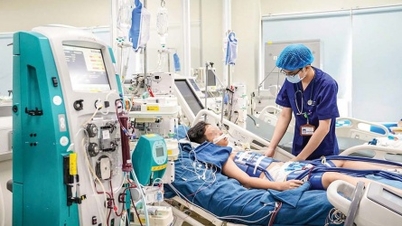



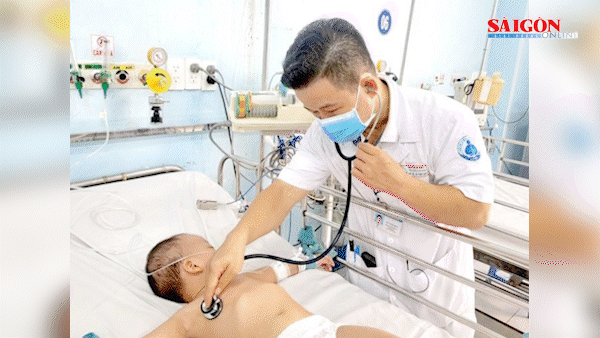


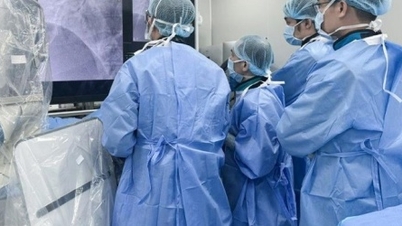
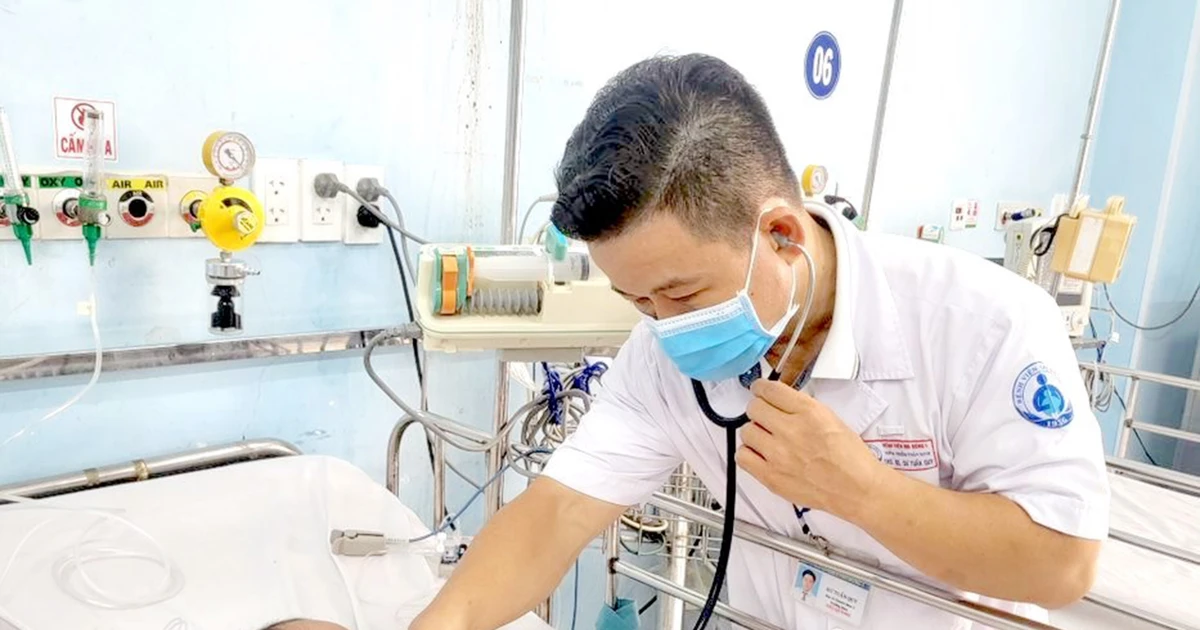
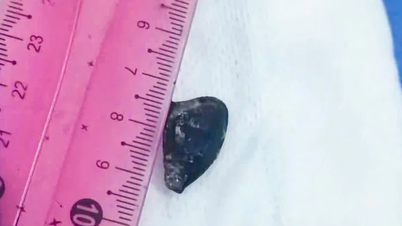
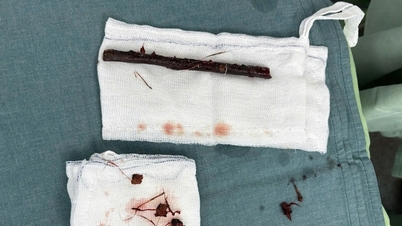

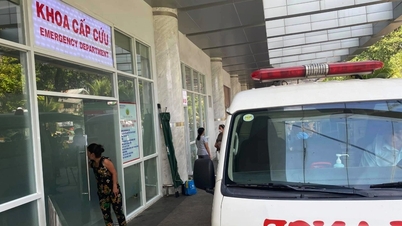

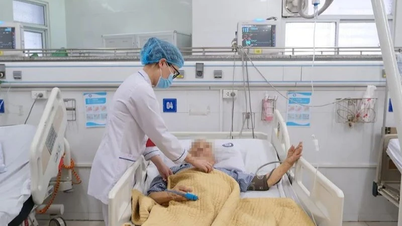

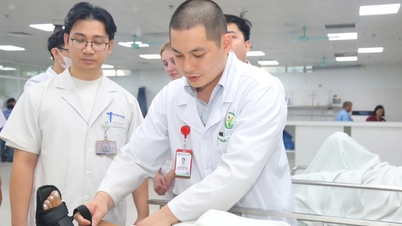























































![[Infographic] Key tasks in the 2025-2030 term of Dong Nai province](https://vphoto.vietnam.vn/thumb/402x226/vietnam/resource/IMAGE/2025/9/30/59bd43f4437a483099313af036fef0db)























Comment (0)